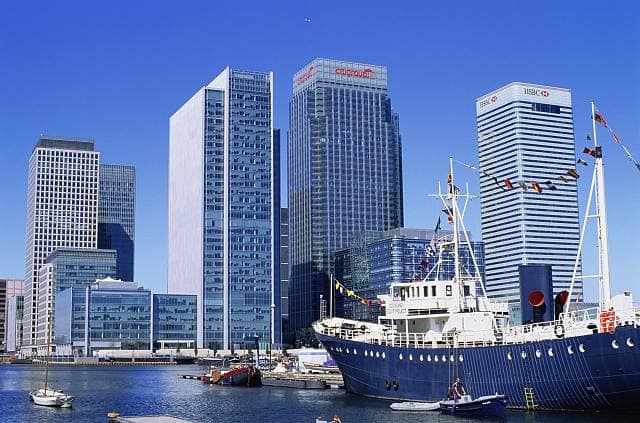London workers are among those hardest hit by a reduction in paid overtime across the UK in recent years, according to a survey.
A study carried out by the TUC revealed that 349,000 London-based employees were paid overtime this year, 72,000 fewer than in 2007, when 421,000 people were paid to work beyond their contracted hours.
It would seem that many companies are cutting back on paid overtime, with London workers now getting paid for 11 hours of overtime a week on average, which is 4.1 hours fewer than they were paid for four years earlier.
In addition, 13.8 per cent of London’s workforce was paid for overtime in 2007, but that has reduced to just 10.9 per cent this year.
- Read our exclusive interview with TUC general secretary Brendan Barber
Although it is true that companies in all regions are cutting back in the wake of the ongoing economic uncertainty, London is one of the worst affected regions in Britain.
For example, TUC figures indicate that the national weekly average for overtime worked fell from 11.6 hours to 10.6 hours during the four-year period.
This is considerably less than the 4.1 hours knocked off Londoners’ weekly overtime figure during the same period.
Across the UK, 825,000 fewer employees regularly worked paid overtime this year, while the number has fallen from 5.6 million to 3.9 million in the past decade.
Prior to the recession, 54 million paid overtime hours were worked in 2007, but four years later this figure has fallen to 41 million in 2011.
TUC general secretary Brendan Barber said: “The squeeze on overtime has been adding to the financial pressure bearing down on working people as they prepare for the Christmas holiday.
“Workers in manufacturing, mining and transport are particularly affected by the fall in these much-needed extra hours, with some industries affected by job losses, pay freezes and overtime shortfalls in recent years.
“With everyone looking for economic green shoots, a rise in the availability of paid overtime would be a welcome sign for millions of workers.
“But while we badly need incomes to grow, an over-reliance on irregular and excessive overtime can mean long hours and wage packets that can flip from feast to famine depending on the availability of work.
“We must find a way to improve the organisation of working life so that we can move away from some people working excessive overtime while others remain unemployed.
“A greater focus on improving productivity and earnings from core hours could deliver both better pay and greater profitability, but to achieve this we need better management working with employees and their unions to change our culture of long hours and increasingly insecure work.”





Leave a Comment